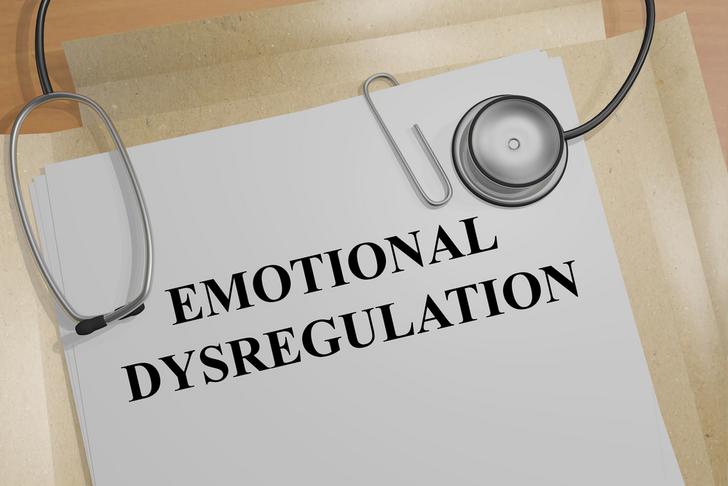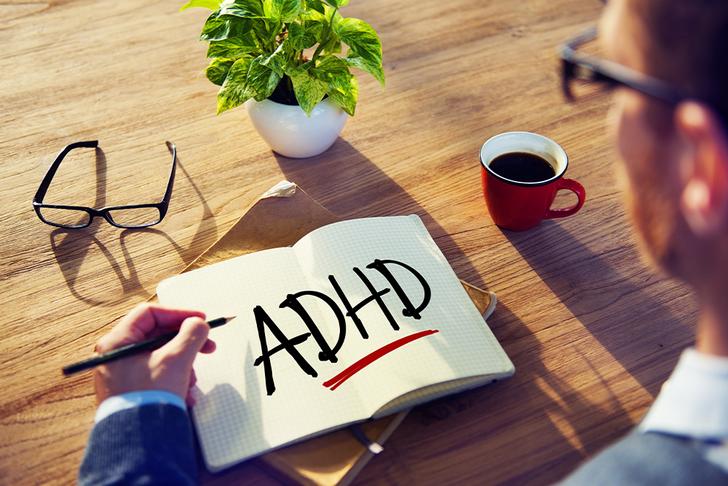10 Symptoms of ADHD: Recognizing the Signs
Attention Deficit Hyperactivity Disorder (ADHD) is a neurodevelopmental disorder that affects both children and adults. It is characterized by a persistent pattern of inattention, hyperactivity, and impulsivity that interferes with daily functioning and development[[1]]. Early diagnosis and treatment are crucial for managing ADHD symptoms and improving the quality of life for those affected. In this article, we will discuss 10 common symptoms of ADHD.
Inattention
Inattention is a core symptom of ADHD and can manifest in various ways, such as difficulty paying attention to details, making careless mistakes, and having trouble staying focused on tasks[[2]]. People with ADHD may also struggle with organization and time management.

Advertisement
Hyperactivity
Hyperactivity is another key symptom of ADHD. It involves excessive movement and restlessness, which can be inappropriate for the person’s age or situation. Children with ADHD may have trouble sitting still, while adults may feel constantly on the go or restless[[2]].

Advertisement
Impulsivity
Impulsivity refers to acting without thinking about the consequences. People with ADHD may have difficulty waiting their turn, interrupt others, or make impulsive decisions without considering the potential risks[[2]]. This can lead to problems in social situations and decision-making.

Advertisement
Difficulty Following Instructions
Individuals with ADHD may struggle to follow instructions, especially if they are complex or require multiple steps. This can result in incomplete tasks or difficulty following through on commitments[[3]].

Advertisement
Forgetfulness
Forgetfulness is a common symptom of ADHD. People with ADHD may frequently forget appointments, lose track of personal belongings, or struggle to remember important information[[2]].

Advertisement
Trouble with Time Management
Managing time effectively can be challenging for individuals with ADHD. They may struggle to prioritize tasks, underestimate the time needed to complete a task, or have difficulty meeting deadlines[[3]].

Advertisement
Difficulty with Organization
Organizational skills can be a challenge for people with ADHD. They may have trouble keeping track of paperwork, maintaining a clean living space, or managing their finances[[3]].

Advertisement
Frequent Interruptions
People with ADHD may frequently interrupt others during conversations or activities. This can be due to impulsivity or difficulty waiting their turn, and it can create challenges in social situations[[2]].

Advertisement
Emotional Dysregulation
Emotional dysregulation is a common symptom of ADHD and can involve difficulty managing emotions, mood swings, and increased sensitivity to stress[[3]]. People with ADHD may have trouble coping with frustration or disappointment, which can lead to outbursts or meltdowns.

Advertisement
Difficulty with Relationships
The symptoms of ADHD can create challenges in forming and maintaining relationships. People with ADHD may struggle with communication, impulsivity, and emotional regulation, which can lead to misunderstandings or conflicts with friends, family, and romantic partners[[3]].

Advertisement
Causes of ADHD
The exact cause of ADHD (attention deficit hyperactivity disorder) is not known, but it’s likely to be a combination of several factors. These may include:
Genetics: ADHD tends to run in families and, according to several studies, genes play a large role.
Environment: Certain environmental factors may increase risk, such as lead exposure as a child or prenatal exposure to alcohol or tobacco smoke.
Brain changes: Areas of the brain that control attention are less active in children with ADHD.
Advertisement
Treatments for ADHD
While there is no cure for ADHD, it can be successfully managed. Treatment options can involve:
Behavioral Therapy: This type of therapy can help a person manage their behavior and cope with difficult situations.
Medication: Stimulant medications are the most commonly used to treat ADHD. These drugs increase the availability of certain brain chemicals that aid in thinking and attention.
Psychoeducation: This is an important part of any ADHD management strategy. Understanding what ADHD is and why certain behaviors are occurring can help individuals and families manage ADHD symptoms.
Lifestyle changes: Regular physical activity, a healthy diet, and adequate sleep can help reduce symptoms of ADHD.
Advertisement
Conclusion
ADHD is a common neurodevelopmental disorder characterized by persistent patterns of inattention, hyperactivity, and impulsivity. Recognizing the symptoms is crucial for early diagnosis, and consulting with a healthcare professional for an evaluation is essential if these symptoms are present.
While the exact cause of ADHD is not yet fully understood, it’s likely due to a combination of genetic, environmental, and neurological factors. Various treatment options exist to manage the symptoms effectively, ranging from behavioral therapy and medication to psychoeducation and lifestyle changes. With the right intervention and support, individuals with ADHD can lead successful and fulfilling lives. The key is to get a diagnosis and start treatment as soon as possible.

Advertisement





